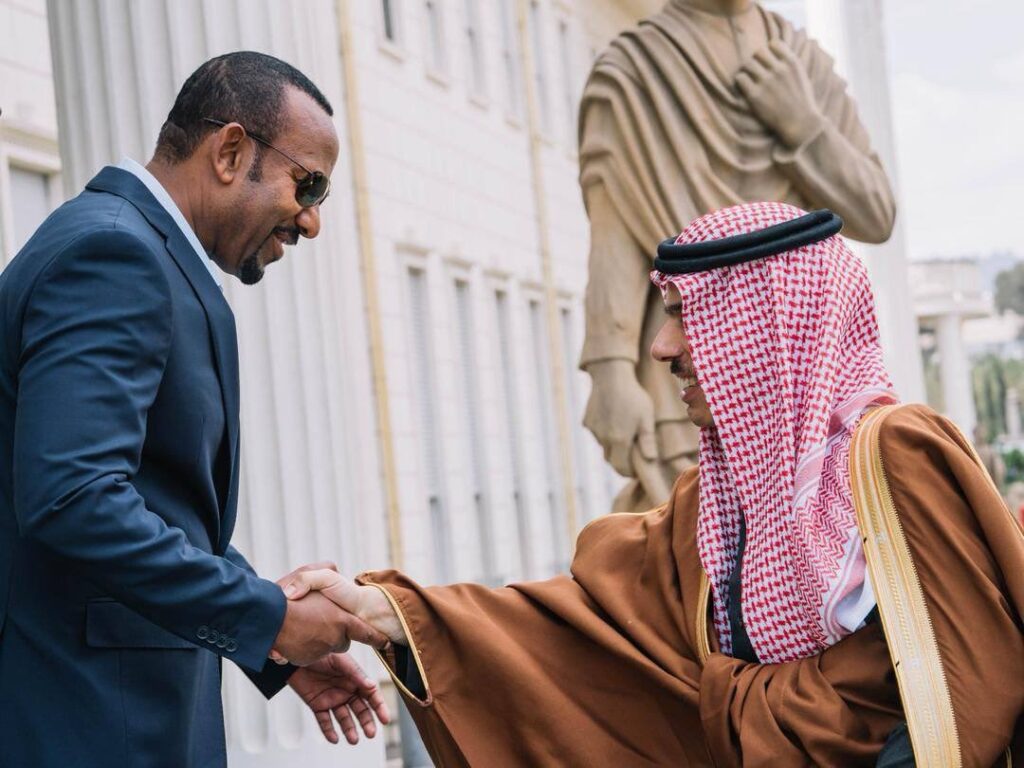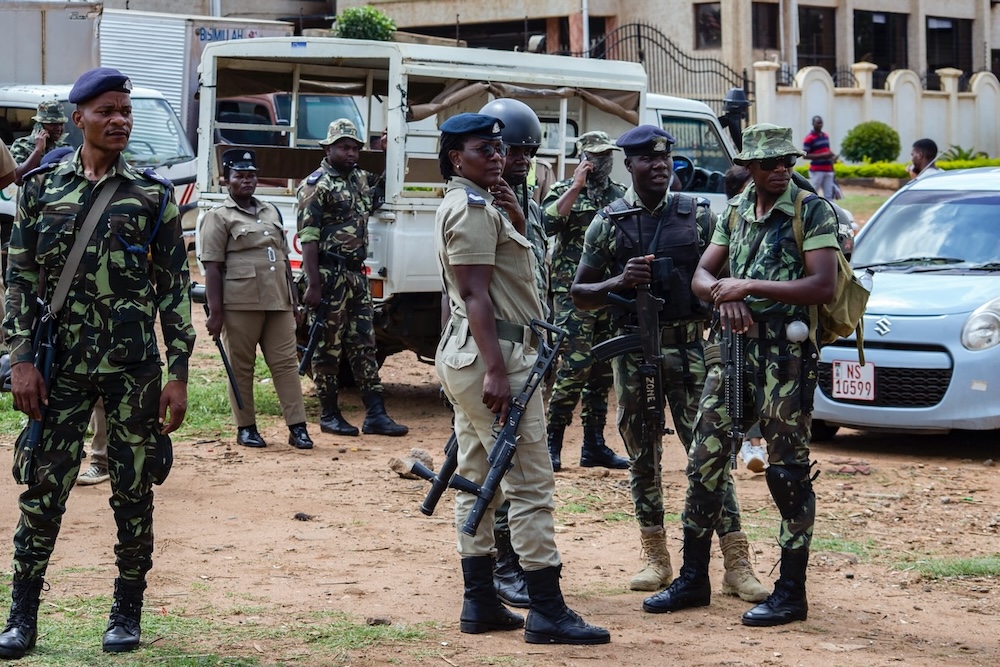
A fast-tracked constitution that shifts executive authority from Togo’s presidency to a strengthened premiership has ignited fresh street protests in the capital, with at least five demonstrators killed in recent weeks, activists and rights groups say.
Faure Gnassingbé, 59, who has ruled since 2005 after succeeding his father, ceded the now largely ceremonial presidency in May and was installed as prime minister. His UNIR party dominates a parliament whose constituency map critics say is gerrymandered to over-represent the ruling party’s northern strongholds.
The charter, unveiled with little notice in early 2024 and approved without a referendum, allows Gnassingbé to avoid term limits by exercising power from the premiership. Lawmakers selected 86-year-old former minister Jean-Lucien Savi de Tové as figurehead president.
Anger has erupted largely outside the traditional opposition. Musicians, bloggers and youth activists have mobilised under hashtags such as #FaureMustGo and a new “M66” campaign, referencing Gnassingbé’s 6 June birthday. Rapper Essowe Tchalla, known as “Aamron”, was seized by security agents in May and confined to a psychiatric hospital before appearing in a coerced apology video he later disowned. His detention sparked rallies on 5–6 June and a new wave of demonstrations in late June marked by burning barricades and mass arrests.
Human rights groups report arbitrary detentions and armed pro-government militias patrolling Lomé in pickup trucks. Two bodies were later found in nearby lagoons, though the circumstances remain unclear.
Regionally, the move drew scant reaction. ECOWAS, already weakened by the exits of Burkina Faso, Mali and Niger, did not object even though its own protocol requires a six-month gap between a constitutional change and major elections. Togo held legislative polls just weeks after promulgating the new charter.
Government minister Gilbert Bawara insists the 2024 vote was fair and that protesters can demonstrate legally, accusing exiles of inciting unrest. “The government cannot be held responsible for the weakness of the opposition,” he said.
Many Togolese appear unconvinced. Turnout was visibly thin in July’s local elections, opposition figure Jean-Pierre Fabre said, underscoring public fatigue with nearly six decades of dynastic rule that critics label a “republican monarchy.”
Whether the constitutional makeover can mute discontent remains doubtful. Cultural influencers, poets and grassroots organisers now channel popular frustration in ways formal politicians struggle to match — and Gnassingbé’s low-profile strategy may only fuel demands for real change.




